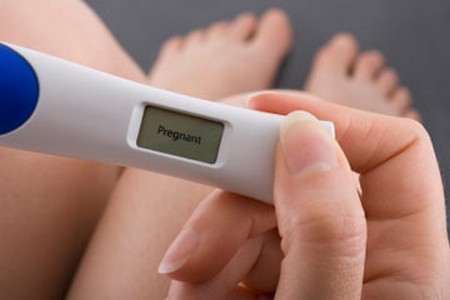Wondering if your lethargic mood and supple breasts mean that you’re about to become a mother? While it’s true that the signs of pregnancy differ from one woman to another, there are several symptoms of pregnancy that are generic.
1. Determine if your period is late. Make an estimate of when are you supposed to have your menstrual period. If your period is regular, then keep track of it. One of the most dependable signs of pregnancy is a period that is delayed.
2. Be aware of changes in your body. Do you feel sleepy most of the time? Does your mood keep on changing? Are your breasts becoming tender? It may be not be noticeable at first, but such indicators can be signs of pregnancy. During pregnancy it is normal for the body to experience sudden changes. This is because of the unstable hormones in your body. Other changes include swollen feet and hands as well as increased instances of urinating.
3. Purchase a pregnancy test kit. Available at pharmacies and grocery stores, pregnancy test kits can give you a more scientific approach to determining if you’re pregnant. Ideally, using a pregnancy test kit should be done right after you miss your period. Buy two of every kind available so you can double-check the results of each kit.
4. Make sure you take the test at the right time. The ideal time of testing is immediately after missing a period. Otherwise, you can wait until 14 days after suspected conception. Since hormone concentrations are at their peak in the morning, it is best to do the test at this time.
5. Follow the provided instructions. If the directions say you need to put your urine in a cup, do so. If it says to urinate directly on the stick, then so be it. Make sure you follow the test instructions precisely to achieve reliable results.
6. See your doctor. Once the pregnancy test shows positive, immediately make an appointment with your doctor in order to learn about the examinations you have to undergo. It is essential that you start your prenatal care as soon as possible. If you begin early, there is a greater chance you and your baby will be healthy.
7. If the test is negative, do a retest. In case the test is negative, take the test again after a couple of days if you still have suspicions you are pregnant. Home tests have a high accuracy rate (around 97%), and it is not common for these types of tests to have a false positive result. In cases of wrong results, they are most often false negatives.
If you’re having a hard time finding validation and knowledge about pregnancy learn at Pregnancy Resource Center web site more about this.
